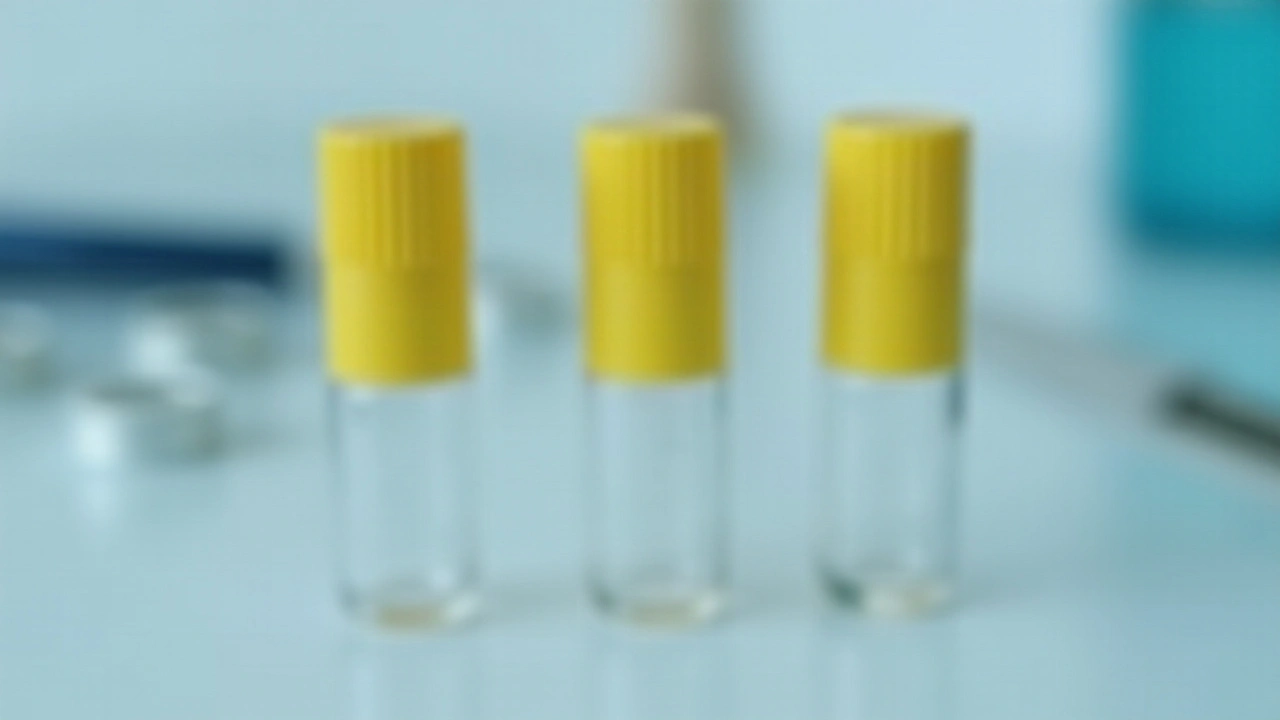mpox Updates: What’s Happening and How to Stay Safe
Mpox (formerly called monkeypox) has been in the headlines a lot lately, especially across Africa and parts of Europe. If you’re wondering what it is, why it matters, or how to protect yourself, you’re in the right place. Below you’ll find the basics, the newest outbreak info, and practical steps you can take.
What is mpox and why it matters
Mpox is a viral disease that spreads mainly through close contact with an infected person’s skin lesions, bodily fluids, or contaminated items. The virus belongs to the same family as smallpox, but it’s usually less severe. Symptoms start with fever, headache and muscle aches, then a distinctive rash that can appear on the face, hands, and feet.
Recent outbreak highlights
Since early 2024, several African countries have reported a rise in mpox cases, especially in the Democratic Republic of Congo, Nigeria, and Kenya. Health ministries say the increase is linked to reduced vaccination coverage and limited public awareness. In Europe, a handful of isolated clusters have emerged, prompting travel advisories and faster testing at airports.
One key fact many people miss: the virus can spread silently for a few days before the rash shows up. That’s why early testing and isolation are crucial. Local labs now offer rapid PCR tests that give results in under 24 hours, making it easier to catch cases early.
If you’re traveling to an area with active mpox transmission, here’s what to keep in mind:
- Check the latest travel advisories from your government and the destination’s health authority.
- Avoid close contact with anyone who has a rash or fever, especially if they haven’t been vaccinated.
- Bring a basic first‑aid kit that includes disinfectant wipes and a mask.
- Know the location of the nearest health clinic that can test for mpox.
Vaccination is the best preventive tool. The newer, safer smallpox‑derived vaccine (MVA‑BN) is being rolled out in high‑risk regions. If you work in healthcare, wildlife trade, or plan to attend large gatherings in affected zones, ask your doctor about getting the shot.
For everyday folks, simple hygiene goes a long way. Wash your hands regularly, avoid sharing personal items like towels or clothing, and cover any cuts or scrapes with a clean bandage. If you notice a rash that looks like mpox, isolate yourself at home and call a health professional right away.
What about treatment? There’s no specific cure, but antivirals such as tecovirimat have been approved for severe cases. Most people recover on their own within two to four weeks, though lingering fatigue is common. Staying hydrated, getting plenty of rest, and following your doctor’s advice are the main steps.
Community education is also key. In many African villages, rumors and stigma make it harder for people to seek care early. Local NGOs are now running radio campaigns and door‑to‑door outreach to spread accurate information. If you’re near an outbreak, support these efforts by sharing reliable news and respecting privacy.
Finally, keep an eye on reliable sources for updates. Duma Travel News covers mpox stories daily, so you’ll always have fresh information without the hype. Bookmark the mpox tag page, sign up for alerts, and stay informed – that’s the fastest way to stay safe while the situation evolves.
Mpox Global Health Emergency: Understanding the Threat and Control Measures
- Jeremy van Dyk
- 13 Comments
The World Health Organization’s recent declaration of mpox as a global health emergency calls for urgent action to contain its spread. Predominantly affecting Congo and African nations, this viral outbreak poses a significant threat to children under 15 while highlighting the need for improved vaccine and treatment access in affected regions.
Read more

